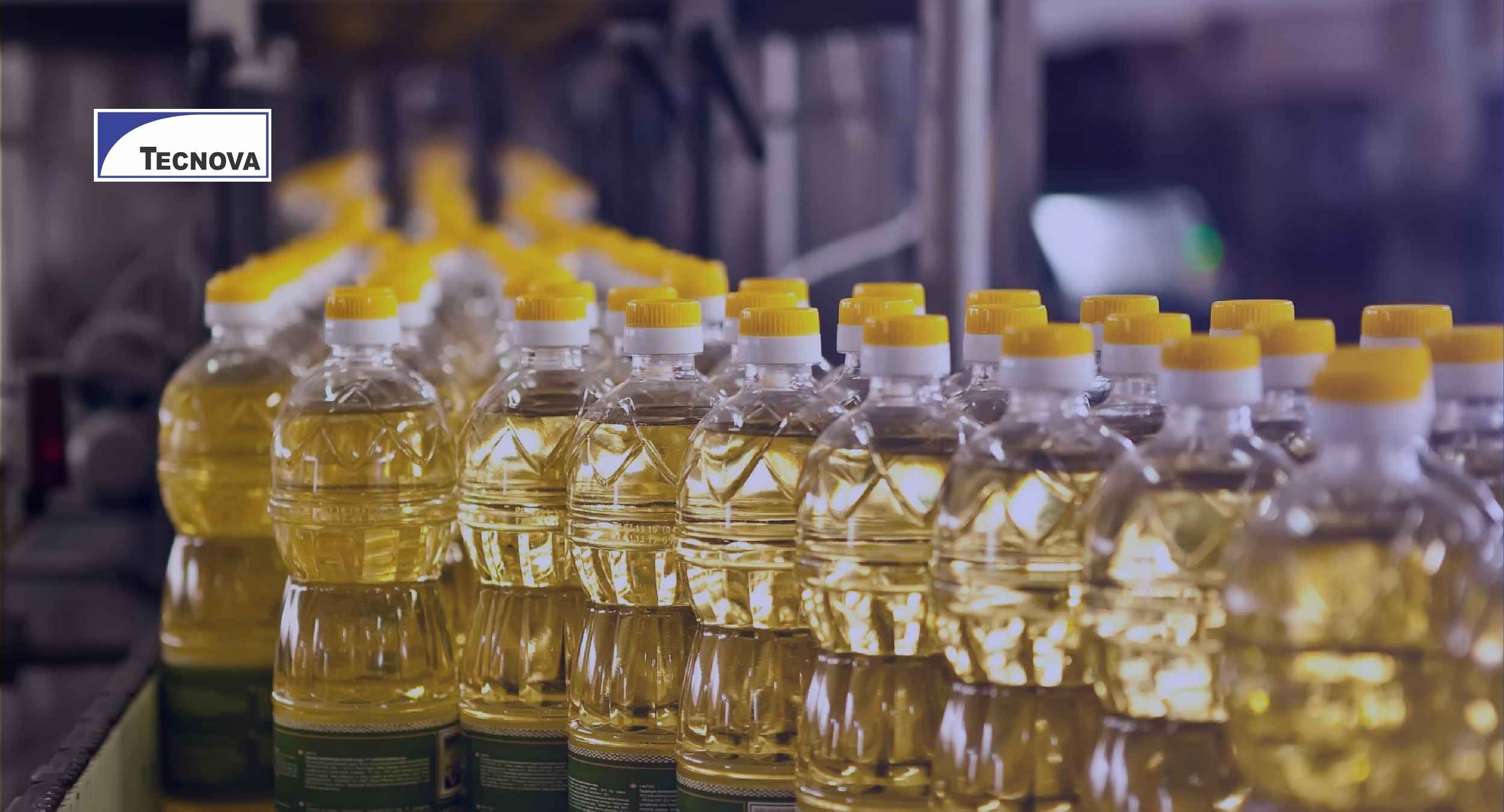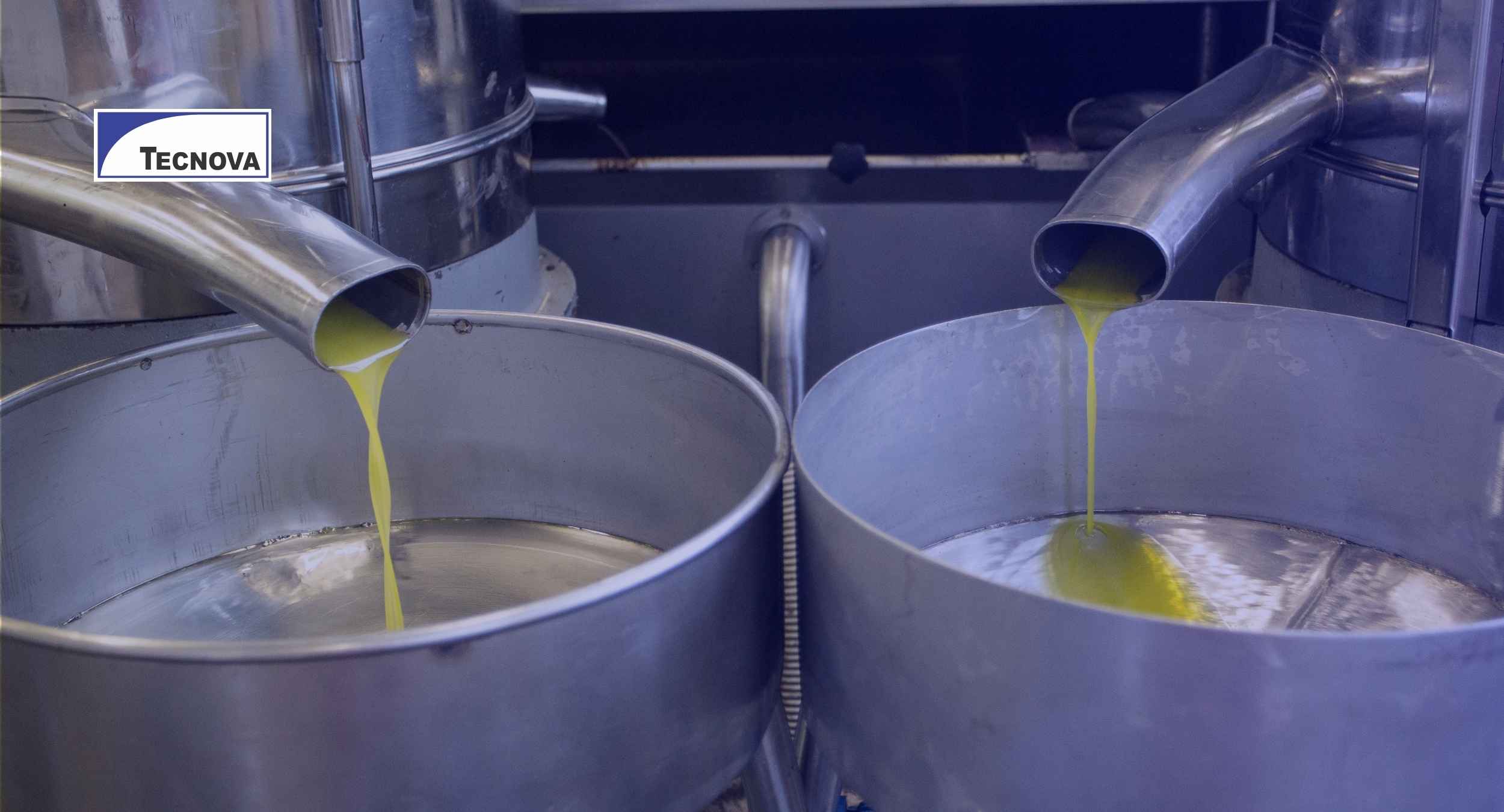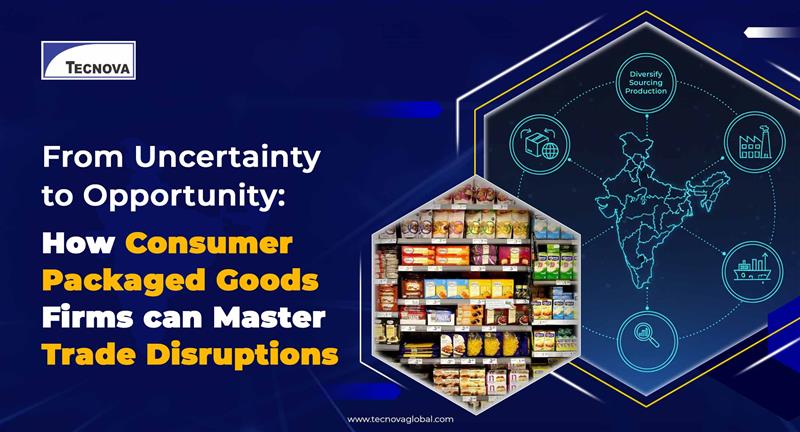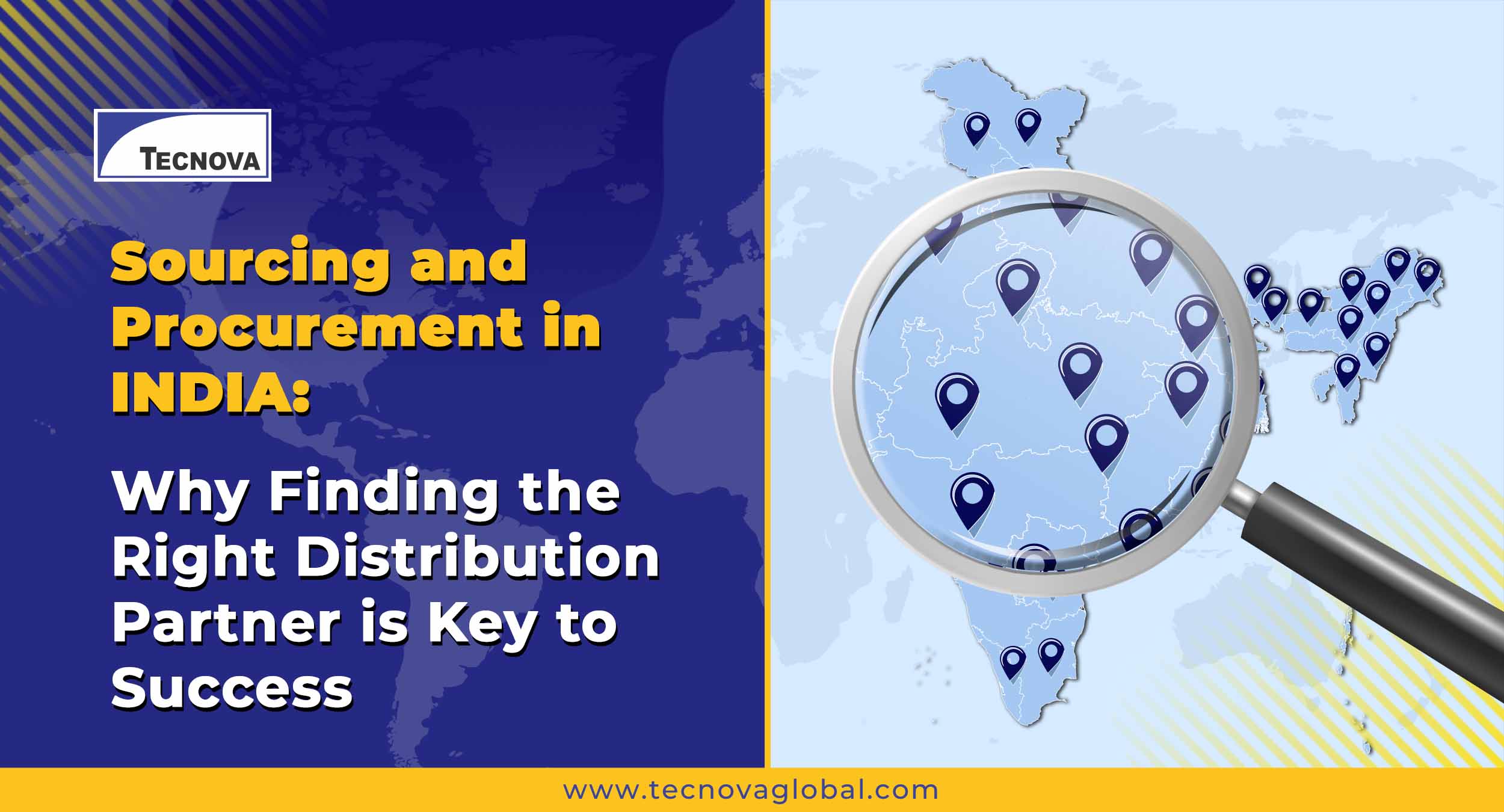Is your FMCG business ready to tap into India’s booming edible oil market? A market where per-capita oil consumption is rising to 23.5 kg in 2025. Yes, you read it right!
With the edible oil consumption surpassing approximately 25 million metric tons in 2024, the demand for affordable and quality edible oil is rising across the nation. This surge creates a profitable market for foreign FMCG firms, and for reliable firms to enter India, FMCG consulting is key.
In this blog, we examine India’s edible oil sector, highlighting key opportunities and challenges for foreign investors, along with a brief guide on entering the market.
Understanding India’s Edible Oil Market
India holds a share of about 15% to 20% of the global oilseed market and up to 10% of edible oil consumption. In 2024, the edible oil market of India experienced a hike of up to 25 million tons. The industry is anticipated to reach a total volume of 28.2 million tons by 2033, at a CAGR of 1.31%.
The edible oil basket includes:
● Palm oil (most consumed)
● Soybean oil
● Sunflower oil
● Mustard oil
● Groundnut oil
● Coconut oil (to name a few)
Currently, India imports almost 60% of its edible oil consumption annually. To meet its domestic oil requirements, India has strategically partnered with several nations, including Ukraine, Russia, Argentina, Brazil, Malaysia, Indonesia, etc.
With an aim to reduce the reliance on imports, India focuses on increasing the domestic oilseed production up to 69.7 million tonnes by 2031.
5 Growth Drivers in the Edible Oil Sector in India
1. Rising consumption
The oil consumption rate in India has significantly increased. Each Indian consumes almost 24kg of edible oil, which is triple the consumption in 2001, considerably higher than the ICMR-recommended level of 12 kg and the WHO-stated level of 13 kg.
2. Government push for self-reliance
The National Mission of Edible Oil (NMEO) has created a financial framework of USD 1.15 billion* (INR 10,103 crore) to increase the oilseed production to 25.45 million tonnes by 2031. This will help India to meet 72% of its domestic oil requirement.
3. Health and nutrition trends
Health-conscious consumers are shifting to healthy edible oil options, like fortified and cold-pressed oils. The nationwide demand for cold-pressed variants of olive, coconut, and mustard oil is increasing rapidly.
4. Technological advancements
The government is taking the initiative to bridge the gap between bio-agriculture and oilseed production. Farmers are incorporating advanced processes such as genome editing, digital seed tracking to improve productivity.
5. Growth of branded oils
Prominent FMCG players such as Adani Wilmar have seen a 5% rise in edible oil sales in the 3rd quarter of 2025. Consumers are turning to reliable brands for their monthly groceries, including edible oils.
Challenges in the Edible Oil Sector
- Import dependency: Though the Government is taking serious measures to reduce dependence, India still relies heavily on edible oil imports to serve the domestic requirements. The annual edible oil import exceeds 13 million tonnes.
- Low oilseed yield: Though India ranks as the 4th largest oilseed producer across the globe, contributing over 10%, the yield slows down due to fragmented farming.
- Climate vulnerability: The frequently uninterrupted monsoon, extreme climate conditions hamper the oilseed production.
India’s Path to Sustainability in Edible Oils
● Oil palm expansion under NMEO-OP
Since India’s most consumed oil is palm oil, the National Mission of Edible Oil (NMEO) - Oil Palm increases palm cultivation by adding 6.5 lakh hectares of land for production.
● Public-private partnerships
The Government of India is teaming with Farmer-Producer Organisations to introduce 65 new seed hubs and 50 seed storage facilities to improve the oilseed production. The Government also intends to develop over 600 Value Chain Clusters across over 10 lakh hectares of 347 districts nationwide.
● Sustainable palm oil initiatives
Several organisations, such as the Roundtable on Sustainable Palm Oil (RSPO) and the Indian Vegetable Oil Producers’ Association (IVPA), have collaborated and signed agreements to promote sustainable palm oil sourcing and awareness across India.
Market Opportunities for Investors and Businesses
● Processing and refining units
With high import dependency and growing domestic demand, capacity expansion in oilseed processing has become crucial. Most plant & equipment manufacturers and consultants will recommend foreign FMCG brands to invest in creating refineries for better profit.
● Cold-pressed and organic oils
The health trends are on the rise, along with the growing demand for organic oils. Foreign businesses can invest in premium variant products more than standard oil to capture the market.
● Retail and e-commerce growth
The digital sales segment in India is developing rapidly. The app-based grocery and branded packaging offer major room for market entry.
● Fortified and functional oils
The government mandated the fortification of Vitamin A and D in edible oil in 2020. This creates scope for standard oils with omega-3, vitamins, and low-transfat. Since the enriched blended oils appeal to Indian consumers, international investors can target this growing awareness trend.
● Export potential
India’s strategic location and improved domestic supply can open vast export markets in Asia and the Middle East. Groundnut, mustard, and sunflower oils are easily exportable with the right processing and packaging.
Government Support and Policies
Below is a detailed breakdown of the Government of India's programs and policies for the Indian edible oil industry:
1. PM-Kisan Scheme
- Key Offering: Provides USD 68.57 (INR 6,000) annually to small and marginal farmers.
- Investment Relevance: Enhances the purchasing power of oilseed farmers, improving demand, particularly in rural areas.
2. Oilseed Mission
- Key Offering: Minimum Support Price (MSP) for primary oilseed crops such as mustard and soybean.
- Investment Relevance: Opens up opportunities for contract farming and value chain incorporation.
3. Agriculture Infrastructure Fund (AIF)
- Key Offering: USD 11.43 billion (INR 1 lakh crore) to fund agricultural infrastructure projects.
- Investment Relevance: Supports the development of elevated refining facilities, cold storage, and logistics units.
4. Reduced Customs Duties
- Key Offering: Basic customs duties reduced to 10% for crude oils.
- Investment Relevance: Encourages global traders to establish long-term supply contracts with local refineries.
5. Product Linked Incentive (PLI) Scheme
- Key Offering: Budget allocation of USD 1.25 billion (INR 10,900 crore) to promote food processing incentives.
- Investment Relevance: Attracts global FMCG brands to expand in India and promotes value-added production of edible oils.
6. Ethanol Blending Program (EBP)
- Key Offering: Mandates 20% ethanol blending with petrol.
- Investment Relevance: Creates significant opportunities in biodiesel and ethanol production.
7. Pradhan Mantri Ji-Van Yojana (PMJY)
- Key Offering: Capital support of USD 17.14 million (INR 150 crore).
- Investment Relevance: Promotes agri-waste to energy technology and encourages foreign clean energy investments.
By 2033, India’s edible oil market volume will surpass 25 million tonnes. With rising branded, fortified products and dietary shifts, the market is evolving rapidly. For foreign investors, entering this space with a focused strategy and assistance from an expert FMCG business consultant can be a profitable opportunity.
How can Tecnova help?
At Tecnova, we offer expert FMCG consulting services to edible oil businesses. We partner with leading plant & equipment manufacturers and consultants to help you grow sustainably. Take a look at some of our offerings:
● Market insight and consumer segmentation
● Site selection and partner evaluation
● Sourcing strategy and support
● Go‑to‑market planning and e‑commerce integration
Contact us today to explore how our FMCG consulting can help you enter and scale in India’s edible oil market.
*Note: Considering USD 1 = INR 87.50
Read More
Strategic Investment Opportunities in India—and How to Navigate Them
India’s F&B Packaging Boom: Innovations & Market Shift
Winning Strategies for Food Brands in India





.png)



.jpeg)



%20(1).png)
.jpg)



.png)























.png)

.png)









.jpg)




.jpg)





















































